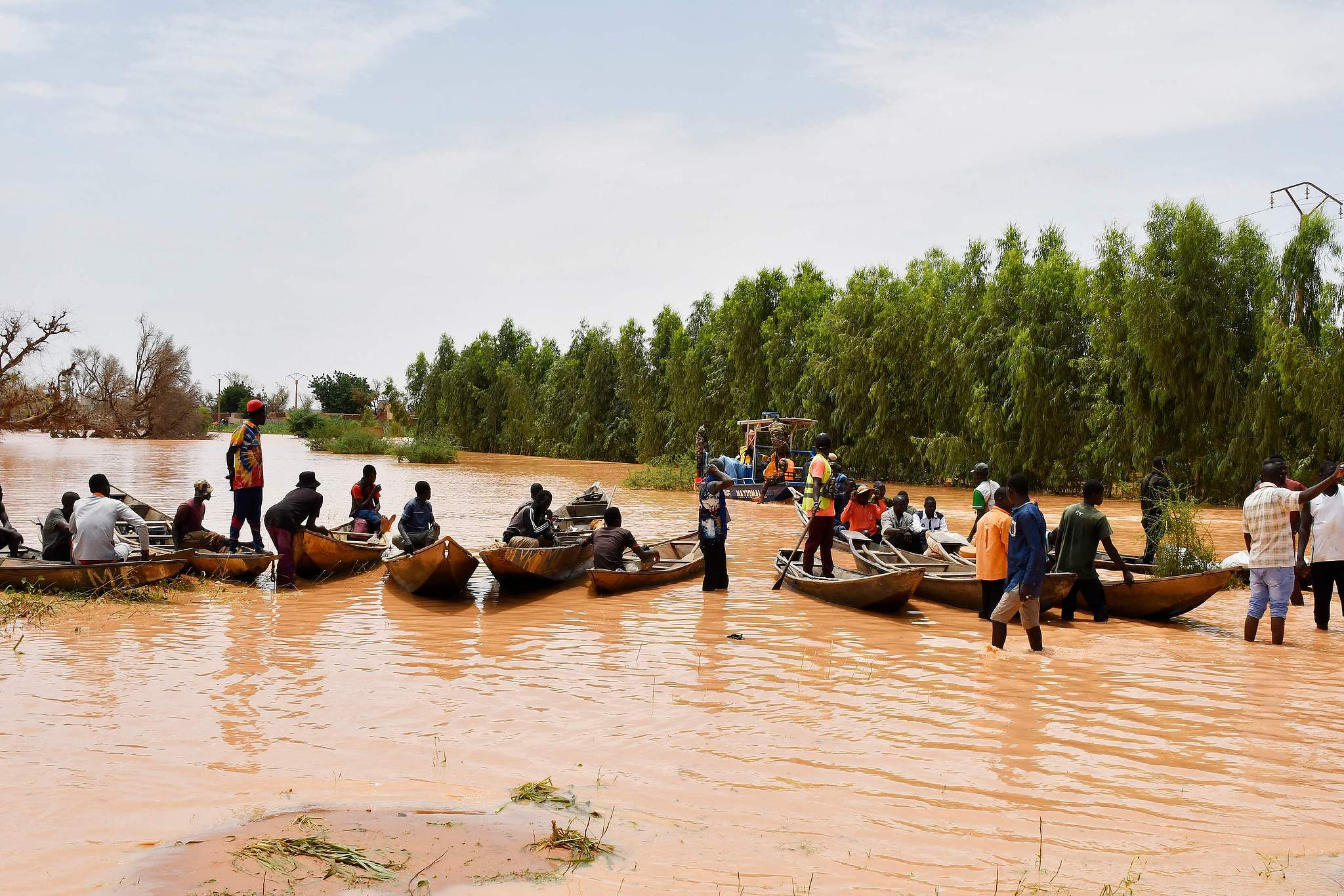
UNHCR calls for refugees and IDPs to be included in West and Central Africa flood response
The United Nations High Commissioner for Refugees (UNHCR) has warned that the current rainy season, which has caused flooding in Cameroon, Chad, Mali, Niger and Nigeria, has worsened the situation for refugees and internally displaced people (IDPs).
Consequently, the refugee agency stresses the importance of including forcibly displaced people in national response plans.
“The floods have devastated communities, destroyed homes and infrastructure and heightened protection risks for the most vulnerable, severely affecting forcibly displaced populations who were already living in precarious conditions. Many are now sheltering in overcrowded and makeshift locations with limited access to essential services,” UNHCR said in a press release.
It further urged governments to consider the effects of climate change, worsening food insecurity, and the increased risk of waterborne diseases, insisting that it is vital to ensure the needs of refugees and internally displaced people are not overlooked.
According to the agency, 29 out of 36 states in Nigeria have been impacted by floods, which have killed at least 200 people, displaced over 225,000, and affected 600,000. The destruction has also extended to local farmlands, with at least 115,000 hectares destroyed.
Similarly, all 23 provinces in Chad have been affected by the deluge, including 40,000 people from the refugee community.
Local authorities and humanitarian partners are implementing emergency response plans but face major logistical challenges, including access difficulties and the growing risk of epidemics, according to the UNHCR.
In Niger, intense flooding resulting from heavy rainfall has led to extensive damage, especially in the regions of Maradi, Dosso, Tillabery, and Zinder.
The UNHCR has also revealed that access to areas where refugees are settled has been compromised, prompting the army to evaluate alternative routes for relief efforts. The UNHCR has mobilized resources to support those affected by providing 3,000 essential relief kits, with 317 already distributed in Zinder.
The agency has emphasized the urgent need for emergency shelter, food, water, and medical care as displaced families, including refugees and IDPs, face a crisis caused by conflict, climate change, and devastating floods.






